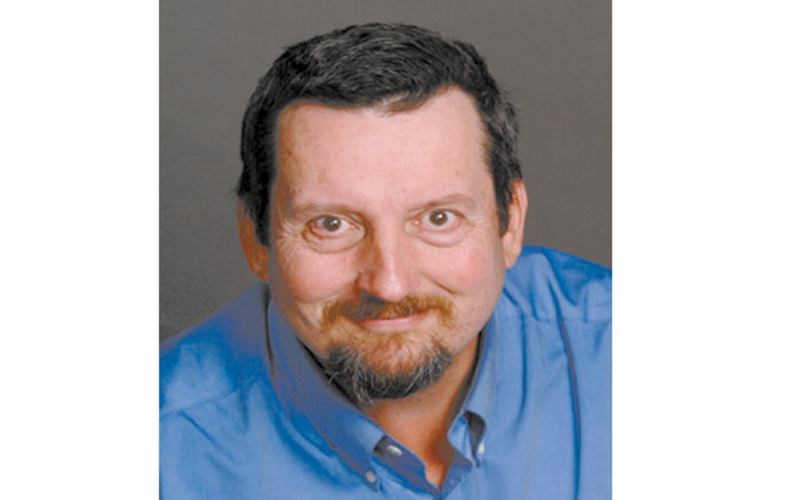Recently, I was involved in a conversation with colleagues about Syrian immigrants.
Our conversation led to the bigger question about immigration, period, and what it means to be Canadian.
My family are immigrants. My mother and father moved to Canada in the 1950s from England. I and my siblings were all born in Canada making us first generation Canadians.
I know many people who can trace their roots back much farther – some as far back as the 1600s – but the reality about Canada is most of us are from someplace else.
Indeed, it is really only the First Nations which can claim to be indigenous Canadians. Everyone else is a latecomer. We are, for the most part, a country of immigrants.
This infilling of our population has not been uniform. It has happened in waves and from various parts of the world at different times.
In the 1600s, immigrants arrived mostly from England and France. The Great Immigration of Canada saw over 800,000 immigrants between 1815 and 1850. The "The Last, Best West" campaign saw European and Scandinavian settlers occupying the prairies.
Gold rushes in Barkerville and the Klondike saw the arrival of Americans, Europeans, and any number of other nationalities. And the building of the national railway resulted in the importation of Chinese workers.
Canada has grown by fits and starts as our population has blossomed.
People have arrived from just about everywhere in the world. Indeed, the 2001 census determined there are 33 different ethnic groupings in Canada with over 100,000 citizens, with only 10 groups over 1,000,000. We are a culturally diverse population.
For the most part, I would suggest Canadians also accept we are a multi-cultural country. Many outsiders have pointed out Canada is proof that people from all over the world can live together in peace and harmony. We are not the melting pot of the United States. We are mixed bag of many lands with our own distinct identities.
Canada, in many ways, is a microcosm of the "flattening" of the world as a whole. Five hundred years ago, moving between continents or even between countries was a major undertaking. Sailing ships meant long sea voyages. The vast majority of the human race never travelled more than 20 miles from their place of birth.
Now, it is possible to get on a plane and be on the other side of the world 12 hours later.
People no longer stay put their whole lives. Human mobility has led to a world where many people emigrate to other countries. Our whole economic model has been built on a principle of continual expansion.
We import food from South America, clothing from Asia, and electronics from China. Moving goods around the planet is no longer a logistical nightmare.
Just load up a container and they can be shipped anywhere.
The same can not be said for human beings. People are not a commodity.
But our economic model dictates that our population needs to grow to continue our expansion. Unfortunately, for much of the world, we are running into the reality of living on a finite planet with finite resources.
Presently, Canada accepts around 250,000 immigrants per year. The criteria for immigration are quite extensive.
Ideally, immigration is targeted with a focus on professionals, the self-employed, and family members of Canadian citizens. But Canada also accepts refugees seeking to escape life threatening circumstances.
With the crisis in Syria, we have risen to the challenge and the government intends to accept around 35,000 refugees by the end of 2016. In this case, humanitarian considerations apply.
The fighting in Syria has displaced millions of people from their lives and forced a mass exodus.
Since the outbreak of fighting in the country, the UN estimates approximately 4.2 million Syrians have fled and 690,000 have applied for asylum in Europe. Indeed, a Gallup poll of 1,000 refugees 39 per cent favour Europe as a destination, 35 per cent would like to stay in the Middle East or north Africa, and 10 per cent would move to Asia.
Only six per cent indicated that North America was their destination of choice.
Almost half of the displaced would like to return to Syria if they are given the opportunity.
The number that Canada will accept is a small fraction of the total but is in keeping with the anticipated numbers who would like to come to our country.
We need these immigrants to grow our economy and we can help in this crisis. Canadians accept that immigration adds cultural diversity and enhances our country.
Perhaps being Canadian is about realizing, for the most part, we are all from somewhere else. We have all found our way to this country. We have found a way to live together. Not surprisingly, Canadians have welcomed our latest immigrants from Syria.



